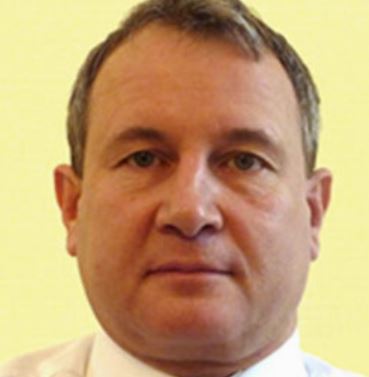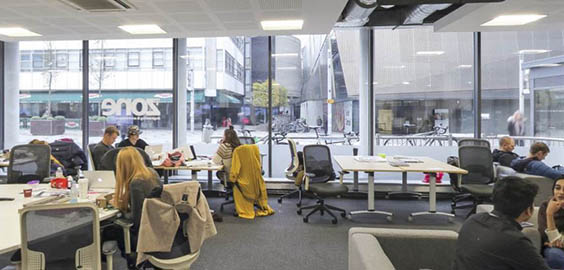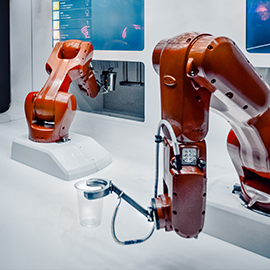Are you interested in working in the electrical power engineering and renewable energy sectors? This course will give you a thorough understanding of power electronics, electric drive systems, smart grids, wind power, photovoltaic and other distributed generation systems.
This program continually has a very high pass and student satisfaction rate, leading to numerous Ph.D. studies and employment. It also meets the academic requirements of the Institution of Engineering and Technology (IET), by whom it is fully accredited.
You will develop cross-discipline skills through multidisciplinary group work and an individual dissertation. You will learn essential skills such as information research, project planning and management, cost analysis, and budgeting. You will be actively involved within the Faculty Research Seminars, where you can broaden awareness and views across different research areas.
You’ll benefit from the University’s excellent facilities that include specialist electrical and electronics laboratory resources. Northumbria has a well-established reputation for producing graduates who can apply their knowledge to generate creative solutions for sustainable electrical power systems.
On successfully completing the program, you will gain an understanding and comprehensive knowledge of current practice and new technological developments.Candidates must hold a CEng accredited BEng/BSc (Hons) undergraduate first degree to fully meet the CEng registration educational requirements.
In the second year, for one semester, you’ll study in another country or join a research group. This valuable experience will enhance your employability and further develop your theoretical and practical skills.
 Option for Placement Year
Option for Placement Year Option for Study Abroad
Option for Study Abroad













